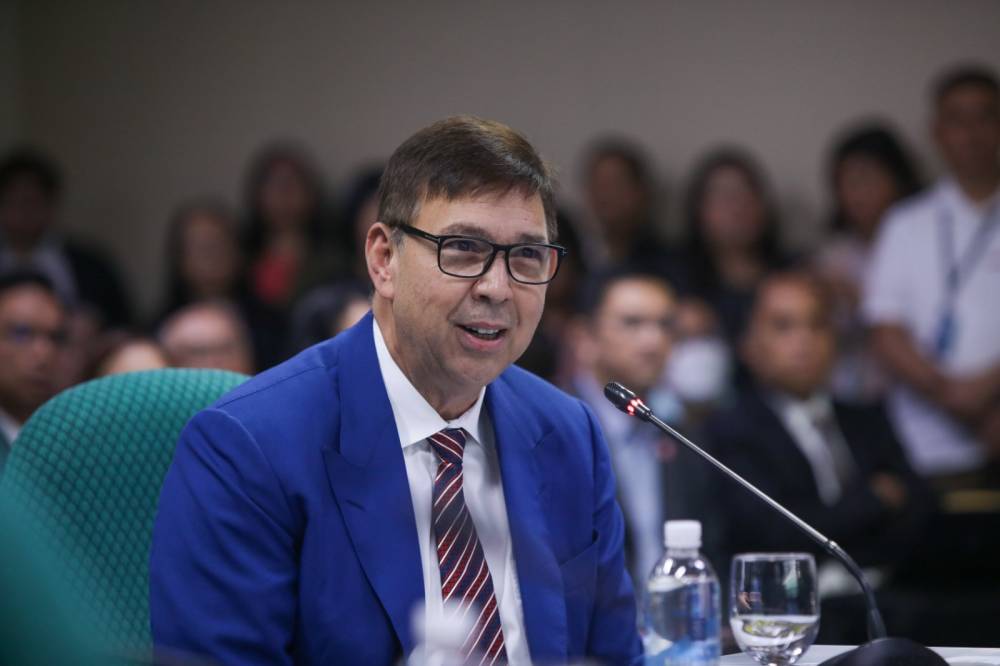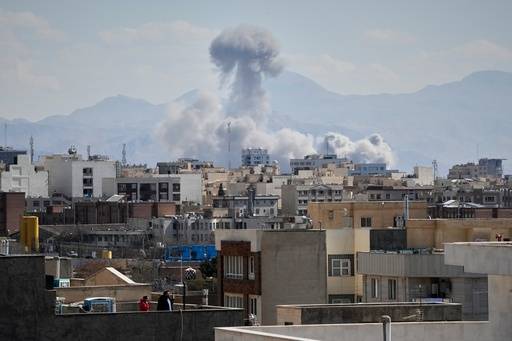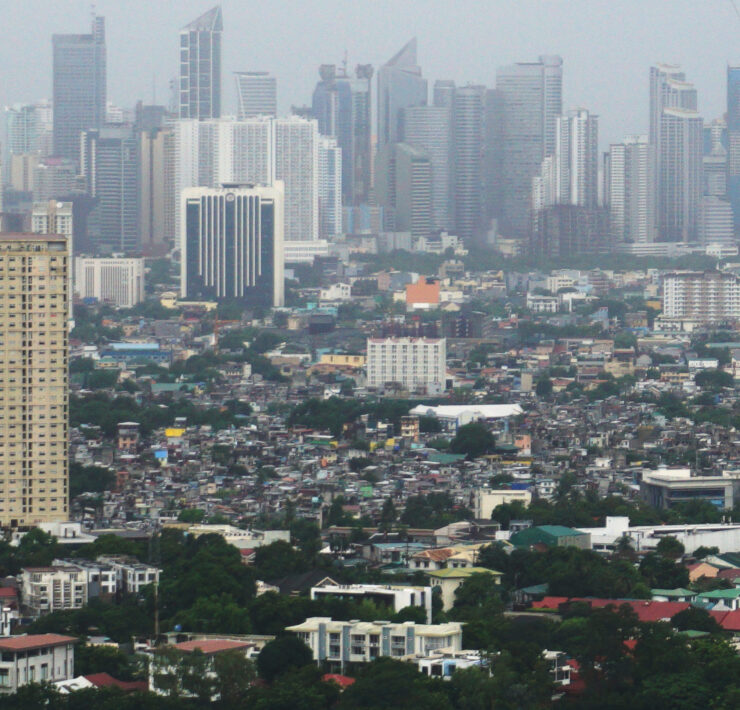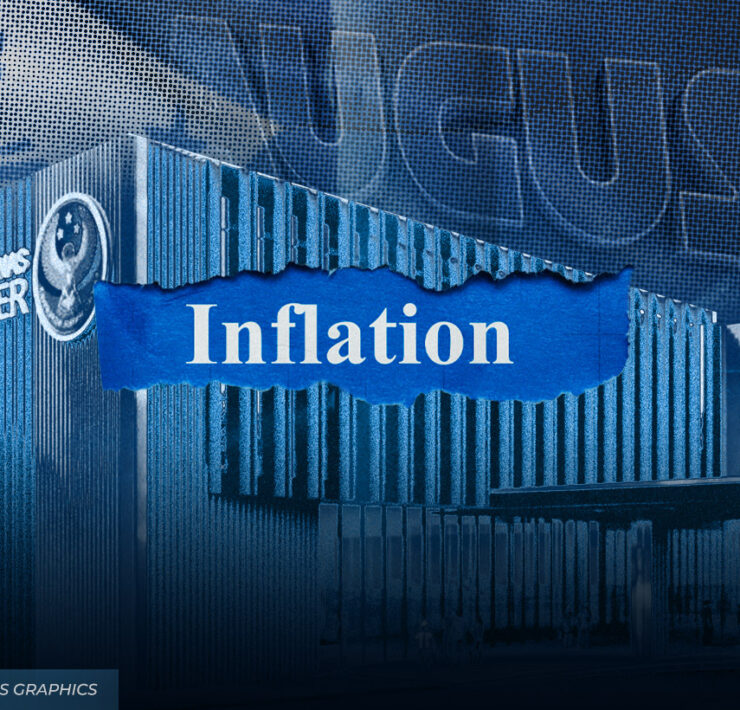Gov’t bracing for smaller tax reform yield in 2025

Broken down, the Bureau of Internal Revenue (BIR) is projected to contribute P21.98 billion, of which P10.87 billion will come from the value-added tax on digital service providers, P5.31 billion from the excise tax on single-use plastics, P5.81 billion from the rationalization of the mining fiscal regime and P298 million from the proposed Corporate Recovery and Tax Incentives for Enterprises to Maximize Opportunities for Reinvigorating the Economy (CREATE MORE).
The Bureau of Customs (BOC), meanwhile, will chip in P6.4 billion coming from the excise tax on pick-up trucks next year.
Both fiscal agencies are expected to collect a combined revenue of P4.3 trillion next year, higher by 13.4 percent than the P3.79 trillion expected revenue this year.
Finance Secretary Ralph Recto explained that the lack of new tax laws in 2023 meant there would be no additional tax reform collections this 2024, which is why the tax revenue projection for 2025 would likewise be lower.
“That assumes we pass all tax measures this year. There are birth pains in collecting new taxes in the first year. So we estimate 50 percent will be collected in the first year [2025],” Recto told Inquirer.
Budget Secretary Amenah Pangandaman told Inquirer that the computation assumptions last year under the previous Finance Secretary Benjamin Diokno were different.
“They [Recto] changed the provision of tax bills so the revenue decreased,” Pangandaman said.
If the bills would be enacted into laws, Budget Undersecretary Joselito Basilio explained that additional revenues would be included in the “excess program,” as the finance department seeks to double its collections from nontax sources through privatizations and dividends of government-owned and -controlled corporations, among others.
The government is also expected to greatly rely on improvements in tax collection efficiency.
But Basilio expressed optimism about the collection efforts of the BOC, noting that the agency was approaching the P1-trillion revenue mark for the first time in history.
The BOC’s full-year revenue goal is to ring up a total of P939 billion.




















